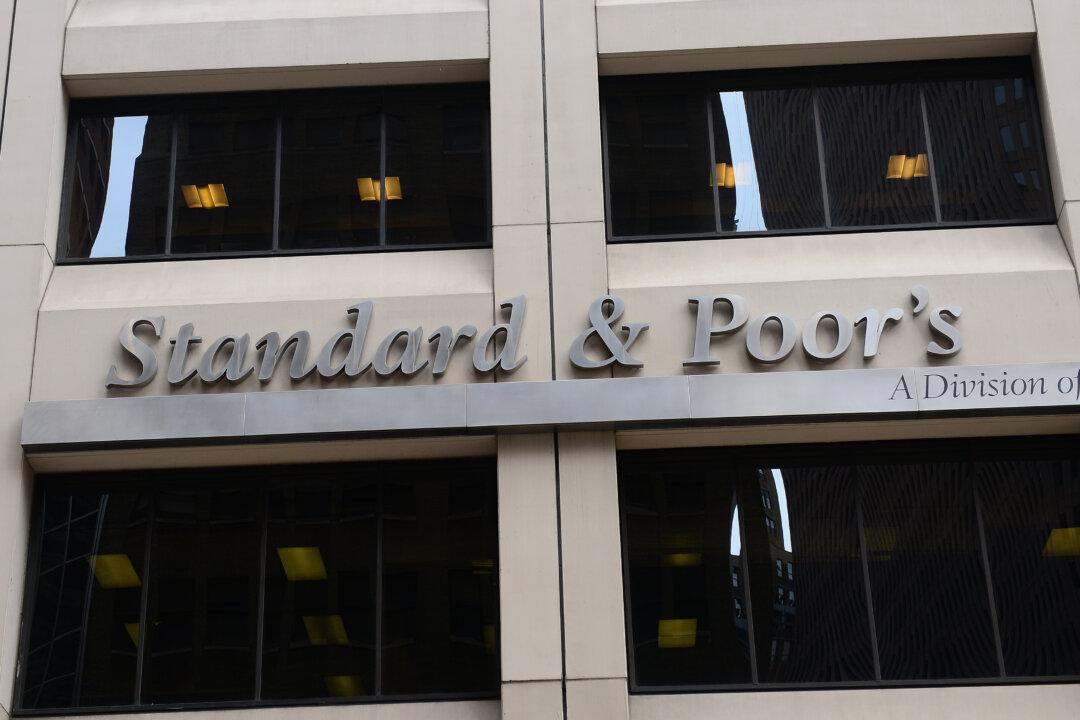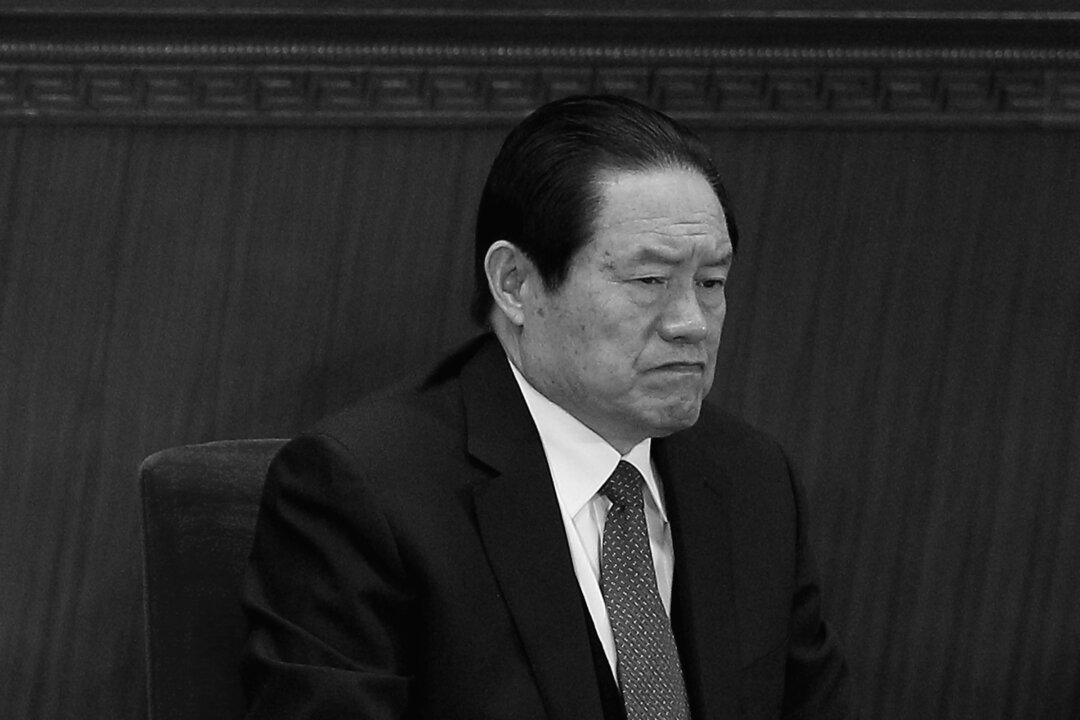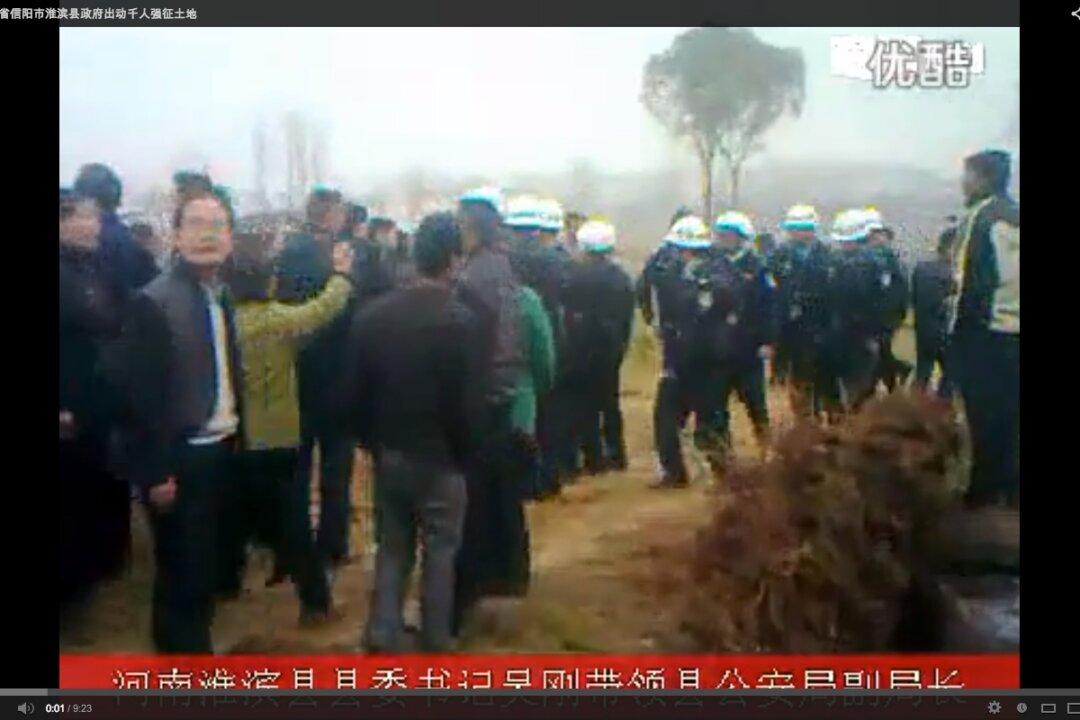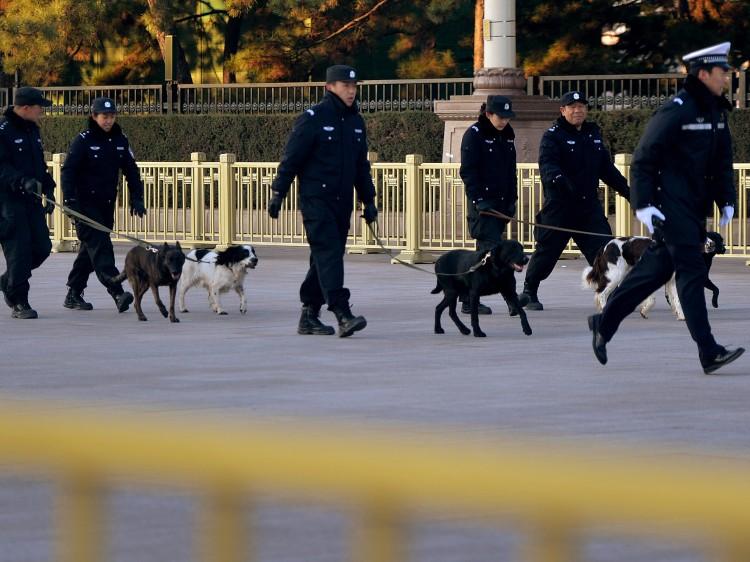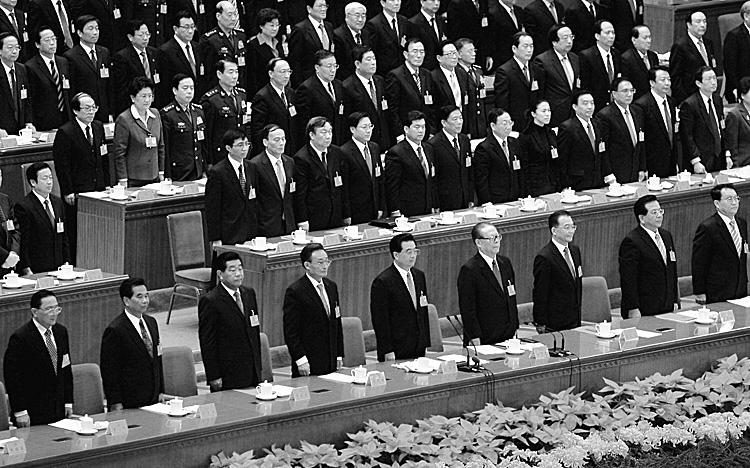HONG KONG—Standard & Poor’s recently affirmed Hong Kong’s AAA credit rating but said the firm may lower it if political tensions become bad enough to compromise the business environment.
The outlook remains stable, mainly reflecting Hong Kong’s financial stability and fast economic growth, the rating company stated. S&P does not expect Hong Kong’s governance to be much affected by the current political controversies.
However, if the controversies are much worse than expected and compromise policymaking, S&P may lower the rating. S&P explained that the sharp increase in volatility of global financial markets means certain relevant factors will increase the external risks.
In addition, S&P warned that if China’s credit rating is downgraded, Hong Kong might follow in its footsteps due to increasing exposure to mainland China’s administration.
S&P believes Hong Kong’s prudent fiscal policy will support long-term financial planning. The company estimates that Hong Kong’s gross domestic product (GDP) grew per capita by HK$315,900 (US$40,500) this year, with a well-above-average trend growth of 2.7 percent.
Political Reforms
The political tensions in question are over universal suffrage, democracy, and greater freedom from the Chinese Communist Party (CCP). Hong Kong was promised a high degree of autonomy when it was handed over to China in 1997, but Hong Kongers fear this independence is slowly being eroded.
On August 19, Asia’s richest person Li Ka-shing talked about the political reform in front of the media.
“You can tell we have many problems and contradictions,” he said. “But we have decided to move forward resolutely.”
Li stated in a press release that the political development is a key step in the consolidation of rule of law. He added that expressing different demands and concerns is a normal phenomenon in a civilized society.
The methods used to achieve universal suffrage may be not able to satisfy every party, but when striving for democracy, every step taken will not be in vain, Li stated.
“The wisdom of Hong Kongers has contributed to the democratic progress of China,” Li added.
Hong Kong Legislative Councilor Wu Chi-wai said Hong Kong is “tearing apart” and that S&P’s recent rating is meant to tell Hong Kong to find a way to resolve the contradiction.
“How to resolve this problem? Other countries resolve issues through their systems. In Hong Kong we think the solution is to have a chief executive elected through universal suffrage without political screening, and universal suffrage for electing the Legislative Council.”
Wu believes that failing to pass such a political reform will not do Hong Kong any good.
“Even in front of the international community, the CCP can shred its own solemn promise, even putting power stability under the pretext of national security, and completely ignoring the prosperity and stability of a city,” he said.
Wu believes there will be a considerable rebound in the future, and he hopes the CCP does not make any excuses to stifle Hong Kongers’ pursuit of genuine universal suffrage.
Anti-Universal Suffrage Parade
On Aug. 17, CCP supporters mobilized almost all the pro-CCP organizations in Hong Kong to launch a parade against universal suffrage. This was to counteract Occupy Central with Love and Peace, a movement for universal suffrage in Hong Kong.
Organizers of the Aug. 17 parade said 193,000 people from 1,500 groups participated in the parade. A number of media disclosed that the parade organizers paid people to join the parade, organized a large number of tourists from China’s Guangdong Province to participate, and offered free meals and accommodation.
The Financial Times, New York Times, CNN, and The Economist all questioned how many people participated in the parade on their own initiative. The event sparked concerns that Hong Kong’s role as an international financial center might be degraded.
Wu felt that the parade was a sad incident and showed that in the modern era, there are still a lot of people burying their consciences in exchange for a little money. He said many people did not even know what activities they were participating in, and he believes it is an unfortunate phenomenon under the totalitarian Communist regime.
Legislative Councilor Sin Chung-kai said that Hong Kong has had annual July 1 protests since 2003, and sometimes there were up to 500,000 participants. For the past 10 years S&P has never commented on the July 1 protests, Sin said.
Sin said this year is the critical moment for political reform.
“If mass social fighting began to occur, it would undermine the stability of Hong Kong,” Sin said. “The July 1 protests initiated by democrats are very peaceful themselves.”
Now, Sin said, the situation is completely different. Beijing holds a tough stance and has launched a mass movement in the opposite direction.
“If the situation continues in Hong Kong, I’m worried it might get out of control. I am also concerned that not only the Standard & Poor’s, but also other rating agencies might have a negative review of Hong Kong.”
Sin believes that the anti-Occupy Central parade was a staged drama.
“The anti-Occupy Central activities might have cost over 100 million, and different media have found relevant evidence, including free meals and payment for showing up,” Sin said.
A source told Epoch Times that Politburo Standing Committee member Zhang Dejiang, a supporter of former CCP leader Jiang Zemin, made the final decision to have the parade. Jiang requested such a parade in the first place, and Zhang conveyed the order to Hong Kong Chief Executive Leung Chun-ying, another Jiang supporter, and other related personnel.
Independence Affects Financial Status
On June 10, the CCP’s State Council Information Office published a white paper suggesting that Hong Kong is only as independent as the CCP allows it to be. Sources have reported that the Jiang faction of the CCP created the white paper in order to stir up political trouble in Hong Kong.
Hong Kong’s former Chief Secretary Anson Chan and Democratic Party founding chairman Martin Lee Chu-ming discussed the white paper during a visit to Britain last month. They met with Deputy Prime Minister Nick Clegg and Minister of State for Foreign and Commonwealth Affairs Hugo Swire.
Clegg expressed concern over the white paper. Chan reported that the British business community is worried about the impact on the core values of Hong Kong as an international financial center.
Chan said in a recent press conference that the white paper will affect any country that has investments in Hong Kong or citizens settled in Hong Kong.
“Hong Kong signed bilateral agreements with many countries, and these agreements are based on Hong Kong’s system, which is completely different from the mainland,” she said. “So if we do not have these two systems in the future, how will we fulfill the agreements?”
Translated by Susan Wang. Written in English by Sally Appert.
